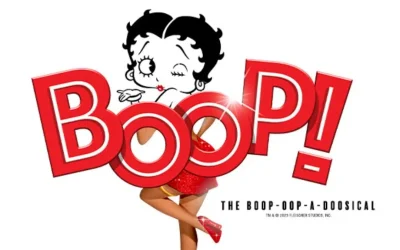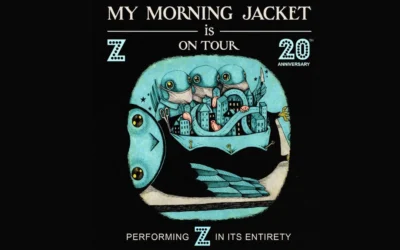London’s Chelsea Football Club will host a 2-day International Sports Marketing Summit in May, with the future relevance of sports marketing a main issue. An exploration of how sports brand marketing can negotiate uncertain trends in consumer behavior, thereby attracting youth away from the rapidly growing music and movie industries, will feature prominently. The big question is can this industry be grown further in light of a public increasingly attracted to hi-tech entertainment media and jaded by branded sportswear and its sponsorships?
Sports brand marketing has expanded in scope from simple beginnings in the 1970s to the sports and fashion monster it is today, but changing consumer taste – and more importantly, awareness – means that over-moneyed athletes are fast falling from public favor in their roles as “brand ambassadors.” Endorsement deals with global stars like David Beckham and Tiger Woods are an age-old strategy whose relative value will be compared to other forms of sports marketing.
The mass production of designer sportswear was relocated from Europe to the Far East in the late-80s/early-90s. Ironically, consumer claims of a marked drop in quality coincided with a massive increase in branded sportswear’s popularity. But recent reissues of “vintage” or “retro” sportswear by companies like Adidas has proved a telling trend, as sportswear companies seek to meet growing demand for Old School quality merchandise. The outsourcing/sweatshop issue will be addressed, as sports marketers discuss how a switch to more socially responsible brand images might positively impact our culture’s broader issues.
It is fitting that Chelsea FC should host this summit, as Chelsea are one of the handful of English Premier League clubs spearheading changes in how soccer clubs market and sell their merchandise. Despite resistance from more traditional sectors of their support, English clubs are currently engaged in an attempt to fill their stadiums with armies of young soccer fans wearing replica shirts with custom names and numbers on their backs. Ticket sales for bigger clubs like Chelsea and Manchester United have risen in concert with the sale of so-called official club merchandise. But the dissenting voices are growing louder, and soccer club branding stigmatized as “greedy” behavior. The summit is expected to tackle numerous relevant issues currently occupying the sports industry, and it promises to be a constructive and timely meeting. The International Sports Marketing Summit is scheduled to run on May 28 and May 29, 2008.




